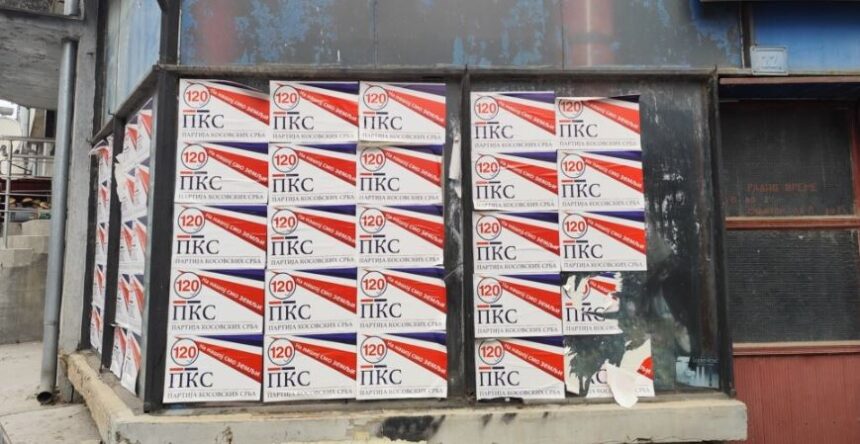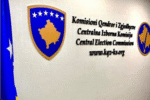As Kosovo’s local elections approach on October 12, calls are growing within the Serb community for unity and the creation of a common platform. This initiative to form a broader popular movement, intended to counter current policies in Pristina and Belgrade, stems from opposition actors dissatisfied with the position of Serbs in Kosovo.
Calls for a Unified Front and Exclusion of Serb List
Milija Biševac, leader of the Serb People’s Movement, states that it is time for the political struggle to be waged clearly, without division, fear, or partisan calculations.
Stefan Velković of the Serbian Democracy Party acknowledges their long-ignored calls for concrete action on the ground. He does not rule out cooperation with others, with the exception of high-ranking officials from Serb List – the main Serb party in Kosovo, which receives support from Belgrade.
Biševac explicitly stated to Radio Free Europe that his invitation for unity does not extend to representatives of Serb List or Nenad Rašić – a minister in Kosovo’s acting government and a member of the Kosovo Assembly. “We believe that the policy pursued by Serb List, and also [Nenad] Rašić, who is part of the institutions in Pristina, is not good for our people. There is no room for dialogue with them. They have contributed to the deterioration of the situation on the ground,” Biševac assessed.
He further criticized Belgrade for years of exclusively supporting Serb List, which he claims has been involved in scandals and has not brought any good to Serbs in Kosovo. Regarding Pristina’s institutions, Biševac believes they are uninterested in the rights of Serbs in Kosovo, do not seek dialogue or peaceful solutions, and instead “incite nationalism” and worsen inter-ethnic relations through their actions.
Challenges to Opposition Unity
Serb political analyst Ognjen Gogić believes that Serb opposition actors still lack a mature awareness for unity, and that Serb List is unlikely to be significantly challenged in the upcoming local elections. Gogić told Radio Free Europe that Serbs in Kosovo find themselves caught between the Governments of Kosovo and Serbia, as well as between two systems, making it difficult to remain outside this influence. “It is realistic, but in practice, it is difficult,” he assessed.
Velković of the Serbian Democracy Party told Radio Free Europe that over the past year, they have invited opposition actors to unite “against the repression” of Kosovo authorities, but have not found understanding. “Now we don’t see room for much cooperation, because parliamentary elections have been held, and we have won more votes as an opposition Serb party. Therefore, we need to focus on who is the main pillar of unity,” Velković said, adding that opposition members “must prove themselves.”
Velković also claimed that members of the Serbian Democracy Party have been arrested multiple times, and that their leader, Aleksandar Arsenijević, is being “persecuted” without anyone reacting. Arsenijević is currently a fugitive from Kosovo, wanted after weapons were found on his property, which he himself claimed were “planted.” Previously, Arsenijević and other party members were arrested for “disturbances” or “violations of public order,” primarily during protests against Kosovo Albanian politicians visiting the Serb-majority northern part of the country.
Strategic Importance of Local Elections
Gogić added that there are not many opposition actors within the Kosovo Serb community, and that Serb List will most likely again secure the mayoral positions in the ten Serb-majority municipalities. “If on one side you have Serb List, which is supported by Belgrade, and on the other side is Rašić, who is connected with Pristina, I don’t think there is a third way for Serbs. If there is unity, it will be for pragmatic reasons, to pay off politically,” Gogić said.
According to him, the chances for cooperation among the Serb opposition are small, also because it is easier to win councilor mandates in municipal assemblies during local elections. Nevertheless, Gogić emphasized that the October local elections are important for the Serb community in northern Kosovo because Serb representatives will return to the institutional framework, which they abandoned in November 2022 at the initiative of Serb List.
The Central Election Commission, meanwhile, has initiated the application process for the certification of parties and candidates for the local elections, which will last until August 13.







